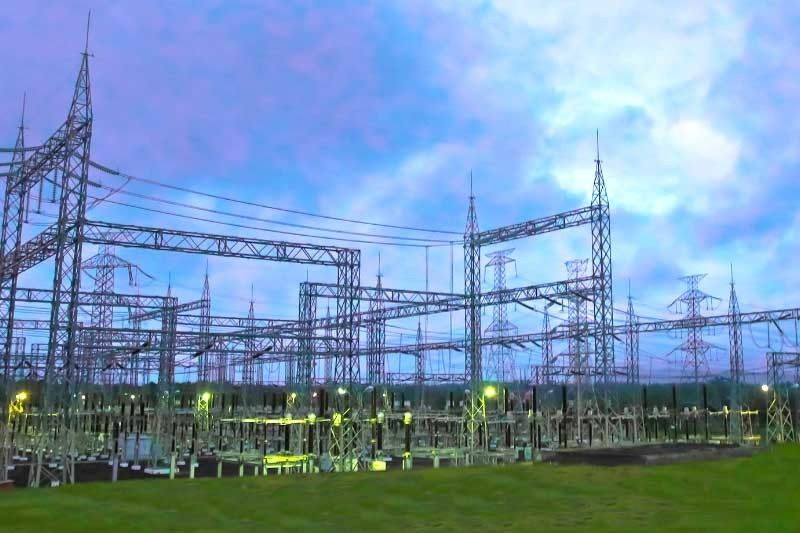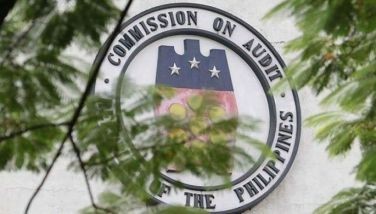NGCP warns of higher electric bills under DOE proposal

CEBU, Philippines — Consumers nationwide may end up paying additional power cost if the Department of Energy’s proposed strategy of 100% firm contracting for ancillary services (AS) will prevail, the National Grid Power Corporation of the Philippines (NGCP) warned.
NGCP issued the warning in light of the DOE’s insistence on the dispatch of ancillary services as a response to thin operating margins and possible load dropping in the Luzon grid at various points this year due to multiple power plants on extended outage.
Ancillary services are those that are necessary to support the transmission capacity and flow of active power in order to maintain power quality and the reliability and security of the power grid.
In a statement, NGCP said that initial simulations show that power rates can see an upsurge of P0.64 per kilowatt hour for Luzon, P0.54 per kilowatt hour for Visayas, and P1.39 per kilowatt hour for Mindanao.
For a household consuming 200kwh, this would mean an additional P128 in electric bills of consumers from Luzon, P108 for those in Visayas, and P278 for those in Mindanao.
DOE strategy
NGCP has repeatedly clarified that ancillary services are not meant to replace baseload plants or for any long-term or continuous use.
“Instead, ancillary services are a stop-gap measure, dispatched only to stabilize and balance the grid in cases of power supply and demand imbalance,” it said.
In times when supply is sufficient, NGCP said it is meant to run only long enough to bridge the gap between the loss of supply event, and the time that replacement power can be scheduled by the Independent Electricity Market Operator of the Philippines Inc. usually within the succeeding hour or two.
“It should not run for days, weeks, or months on end without violating the EPIRA (Electric Power Industry Reform Act) and prevailing regulatory approvals,” NGCP said.
Under the DOE’s strategy, however, NGCP is being compelled to procure all of its ancillary services requirements under 100% firm contract, wherein AS providers will be paid for 24/7 availability, regardless of actual or absent utilization.
“Because of the staggering increase consumers may face in their next power bill if NGCP will be forced to do this, we are hoping that the Energy Regulatory Commission should be, at the very least, consulted and given the opportunity to review the policy and study its full impact on the consumers,” the corporation said.
NGCP stressed that the move be thoroughly studied and the price impact be given primary consideration.
“With consumers already reeling from the economic effects of the pandemic, industry leaders should think before pushing a procurement strategy that can be, at best, described as anti-poor, and at worst, basis for charges of plunder,” NGCP said.
It also noted that AS are services, not energy “reserves” that the grid can tap for extended periods of time should major power plants falter.
Power outages
During last week’s Senate Energy Committee hearing chaired by Senator Sherwin Gatchalian, DOE Secretary Alfonso Cusi sought the committee’s assistance to amend the NGCP’s franchise, as to revert to the government the system control of the grid for proper management of AS and reiterated that there should be reserves which shall be provided by NGCP.
Cusi cited the power outages in Luzon, and the energy department has allegedly found NGCP to be “continuously remiss” in its obligations under its franchise agreement, particularly in procuring AS or power reserves.
Cusi added that another contributory cause to the power outages is the delay in the completion of transmission lines connecting Negros to Panay to Cebu; and Mindanao to the Visayas which could have facilitated the importation of more energy to the island of Luzon. — JMD (FREEMAN)
- Latest



























